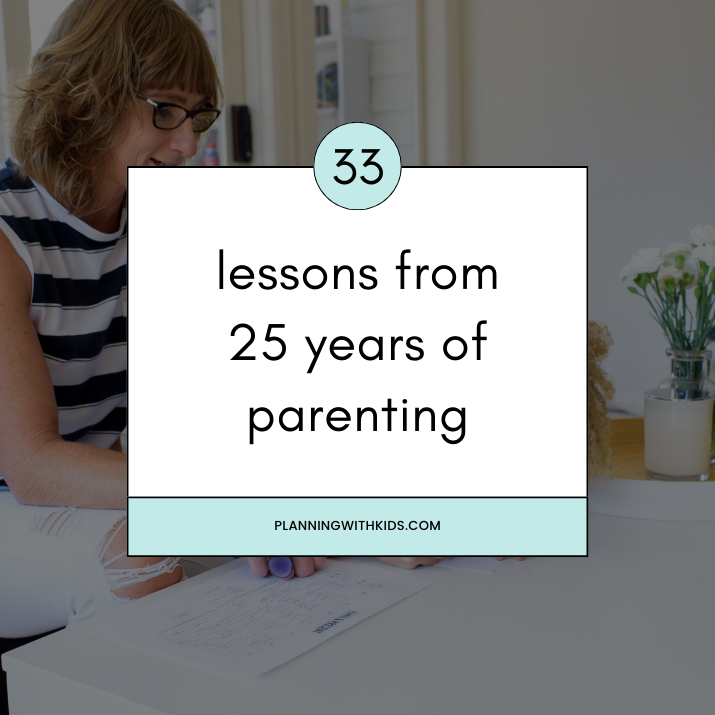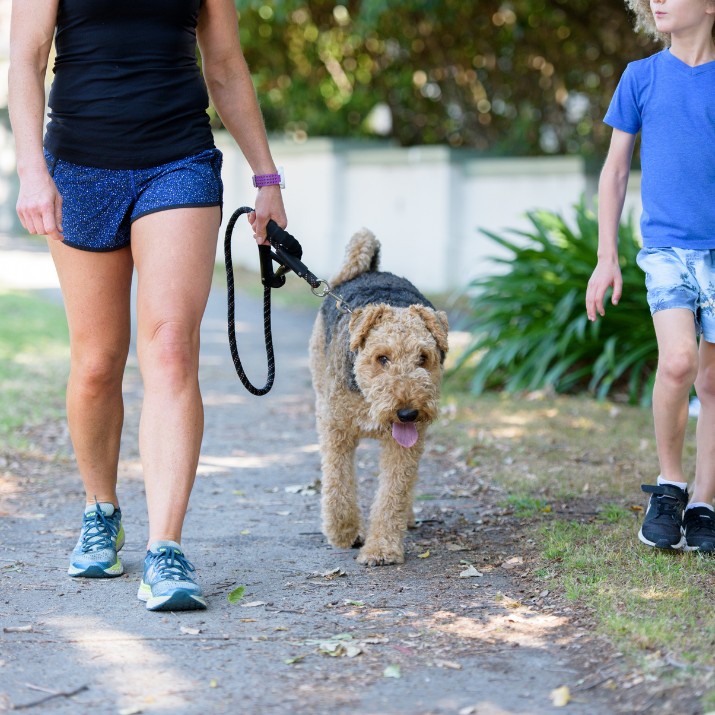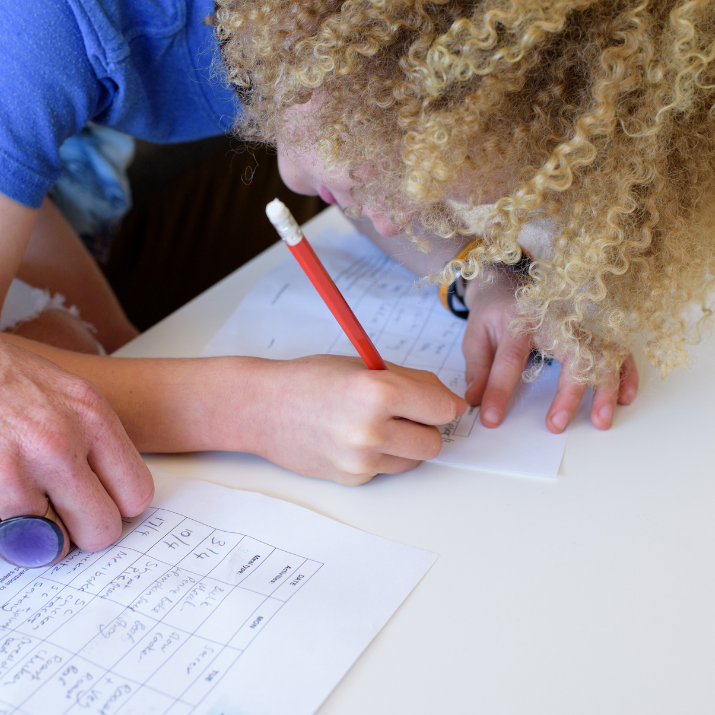
I started writing on Planning With Kids all the way back on January 2, 2008. At that time we only had four kids aged 10, 7, 5, and 2. Our youngest was born a year and a bit later on January 22, 2009. Almost 16 years later the kids are now 25, 22, 20, 17, and almost 15. My life is so very different from when I started. And while the teenage years have their challenges, I still feel family life became easier for me as the kids grew older.
I often say there was a sweet spot when the eldest was 13 and the other kids were 11, 9, 6 and 3. If you have kids in that age range now, cherish those moments! But in all seriousness, every stage of family life has its challenges and moments to cherish. Sometimes we just have to look a little harder to find the cherished moments.
This is the last post I will write on Planning With Kids. And I write this with profound gratitude that you are still reading and for the tremendous opportunities this platform has provided for me and our family. It is also written with a fond sadness. Now is the right time for me to pivot all of my attention into Adapt Drinks. I am very much following my own advice – when you are working on a challenging goal, you need to have one single goal and give it all your time energy and attention. The last few months of growth on Adapt Drinks have been excellent and my business goal for 2024 has a huge growth target that needs my full attention.
The timing is also right to say goodbye to Planning With Kids. We only have two kids left in school and they are very independent in getting themselves organised and managing themselves. Yes, I very much still have a parenting role but it is very different from the primary school days. The beauty of putting in the hard yards in the earlier years with routines, organisation skills and time management means that your role changes as they get older and can do this for themselves.
The Planning With Kids website will stay online as a resource, so if you have a favourite recipe or post you like to go back and read, it will all still be here. I just won’t be adding any new content.
For this last post, I am going to share some tips, thoughts, philosophies, bits of advice I have received that have helped me with family life. A key thought I will discuss before I get to the list is that there is no one right way to parent. What I share below is what has worked for us. Throughout my parenting journey, I have been like a bower bird, I take some things that are shiny and appeal to me try them on and see how they go. If they fit well and work for us they stay. If they don’t, I discard them. I encourage you to do the same. DO NOT use this list as something to measure yourself on or compare yourself to. That is not its purpose. The list is a resource from which you can for pick and choose- mix and match!
And I have one last ask of you! If you have been reading for a while and have taken something I have shared and applied it with success in your family life, could you please share in the comments below? This would be a great reflection for me to read but it will also help others who find this post.
Thank you so much for reading, sharing and caring about Planning With Kids over the last 16 years. I know I am going to miss writing here and interacting with you. I wish you all the absolute best for you and your families in 2024 and beyond.
Nic
Parenting

- I noted this above but I have included it here in case you have skipped straight to the dot points. There is no one right way to parent. Every family is unique and you are unique. You need to parent in a way that suits you and your family. Test all the advice I have listed below on your family and stick only with what works for you.
- Parenting is not a competition. It however can be easy to get caught up in what other families are doing and focus only on what you are not doing. There most likely is a lot you are doing that others aren’t and you can’t see that. Don’t compete and don’t compare.
- Make decisions on how you live family life that works for you and your family. Make conscious decisions rather than just going with the flow so you don’t look back and wish things had been different. Something I remind myself of often is the saying which is attributed to Jerzy Gregorek. “Hard choices, easy life. Easy choices, hard life.” As a parent, we have to make lots of hard choices.
- This relates more to very little ones – it is only a problem if it is a problem for you. Take babies and sleep. If you are getting up many times at night to feed/settle your one year old and you are happy to do that, then don’t let others pressure you into taking action that doesn’t feel comfortable to you.
- Have kids do what they are capable of doing and adapt this as they grow and age. Kids are more capable than we often give them credit for. Think about what you want them to be able to do for themselves by the time they are in high school – make their lunch, get themselves to school, manage their homework etc and progressively teach them the skills to be able to do this. (Of course, they can do this much earlier, I am just using high school as a random benchmark.)
- Kids need to experience a full range of emotions – happiness, gratitude, pride, disappointment, failure, boredom etc. It is not our role to take the harder emotions away from them in every instant.
- Related to the above, we don’t always have to give our kids solutions when they come to us with their problems/issues. Most often they will just want us to listen. If you are not sure, a great question to ask is “Are looking for help with this problem or do you just want to talk about it?”.
- As tempting as it is to prevent negative consequences from the kids’ actions or inaction they will learn much more from experiencing the consequences of their behaviour. This is of course within reason of safety for themselves and others around them. But getting a detention at school, being late for school, or not having the right equipment at school are all survivable teaching moments.
- You don’t have to go to every game, concert, training session, class etc for your kids. If you want to go, then by all means go but don’t feel bad if you don’t. When we had five kids doing sports/after school activities if I could watch them play a couple of times each across the season that was a great result. They were fine with it. They knew I cared and took an interest. As they were in their senior years of high school, they would even get themselves to games if the logistics and schedules required it.
- Craft time out of your week to spend one on one time with the kids when they are little. It is an investment of your time that is so worth it.
- Admit when you are wrong. I have made so many mistakes in my parenting journey, some with the best of intentions, others because I have been too emotional or had my own biases. Regardless of the reason, when I have worked out I got it wrong, I have taken the time to sit down with the child in question and apologise. It means a lot to the kids and these moments are actually really bonding.
Family organisation

- Planning will always save you time and mental energy and if you think you are too busy to plan then you need planning the most! You can always change a plan once you have it but it is so much easier to start with a plan and adapt.
- Menu planning deserves its own point because it is so pivotal to family organisation. Whether you menu plan weekly or monthly, this is a key tool to help organise a key challenge of family organisation – feeding the family!
- Get kids helping around the house from a young age. Simple tasks like dusting, folding towels, etc can be done by very little kids. It is much easier to get a teenager to help around the house if they have been contributing since they were young. And it is not just about getting kids to do the work, this is where they learn the skills they will need to be independent – eg cleaning toilets, cooking meals, vacuuming, etc.
- Leave every room in a better place than when you entered it. Wipe a bench down, put an item back in its place, etc as you walk through a room if it needs it. These small tasks make a difference in how the house will look at the end of the day (this rule applies to any parents living at home too!).
- Have simple routines (morning, afterschool, evening etc) for the kids to follow from a young age and build on this as they age. Personal management and time management skills are a gift you can give to your kids and it will make your life easier too.
- Have a nightly routine that will prepare you for the next day. A chaos free morning starts the night before.
- Have a way of sharing family time commitments by sending calendar invites or using a shared calendar so both parents know what is happening.
- Use time blocking to get tasks done and use small blocks of time to help reduce procrastination if you need to. It is amazing what you can get done in 15 minutes. Use timers to help you. This is especially helpful if you have tasks you don’t like doing. You can do almost anything for 15 minutes!
- Make sure you have a home for everything. This doesn’t mean expensive storage systems but can be simple hooks, boxes, etc.
- If you have the budget to outsource tasks/buy gadgets to make family life easier so you can spend more time being with the family, rather than doing for the family then that is a great investment.
- Set up communication channels for the family – family meetings, chat groups etc so that issues can be calmly discussed, tasks delegated and so the kids also feel like they can raise issues as well.
Personal organisation

- Set a goal for yourself every year. How challenging the goal is will depend on the stage of family life but working towards something for you is important.
- Make time for activities that are important to you. Have discussions with your partner and/or kids about how it can fit into the week/month and gain commitment from them so it can happen. Likewise, you can do this for your partner too. If it isn’t scheduled it is unlikely to happen by chance.
- Don’t be ruled by your feelings. For example, my feelings will tell me I don’t want to get up when it is dark, cold and early but I set the alarm and get my running gear out the night before so I am ready to go. When the alarm goes off, this isn’t time for listening to my feelings, it is time for action. I get up and get going. Getting up is the hardest part and I have never been on a run I have regretted.
- Simplify your wardrobe. This makes choosing clothes less time consuming and aesthetically it is calmer to have less.
- Allow more time than what you think you need. So often we only allocate the exact amount of time to get ready or get to a place based on a “perfect” previous experience. In family life, there is so often something extra and then there is traffic and parking! Add more preparation and journey time and you will find the process less stressful.
- Create white space in your calendar. Allow for time that is not scheduled for you (and the kids). We all need time to do “nothing”.
- Linked to the above when you are accepting calendar invites, appointments, etc for dates in the future, ask yourself if you had to do it tomorrow would you say yes? Often we say yes, leaving our future selves to have to deal with a task that our current self doesn’t want to do. If you don’t want to do it now, it is unlikely you will want to do it in the future and you should say no.
- Have an effective to-do list process. Random lists can generate more stress and less focus but a strategic to-do list is a tool that can help you be more productive and feel less overwhelmed.
- Have an information collection process – somewhere you keep the books you want to read, places you want to visit, ideas for kids’ birthday gifts etc. I am now using Notes on my iPhone for this but the software you use doesn’t matter, it is important to have one place that you find easy to use and access.
- Being productive is much more than just time management. We can be efficient in our time management, working on tasks in a very organised manner, but if those tasks are of low value or come at the expense of more important tasks, then we are not being productive.
- Don’t assume your partner/kids know what you expect from them. It is so much better for relationships if you make it clear through calm communication rather than martyring yourself.
Thank you again and I look forward to reading what your key takeaways from Planning With Kids have been.
PS. If you feel like would still like to read what I am writing about, I have a weekly newsletter for Adapt Drinks you might like to sign up to. Each week I send out a newsletter designed to help you nurture your best self – click here and head to the bottom of the website to sign up. x
